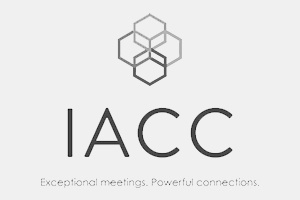Forget phone calls, emails and memos; meetings are undoubtedly one of the most effective ways for teams to share information and feedback, make key business decisions and plan future projects with one another.
Meetings are a powerful business tool and seeing as most of us spend a significant amount of time in the boardroom with our colleagues, it’s important that every minute counts.
As many professionals will attest, what happens afterwards is as just as important as what happens before and during the meeting. So, if you want your next meeting to be a resounding success, here are five things you should do:
1. Wrap it Up
All meetings should be preceded with a wrap-up. The topics discussed are still hot in the minds of attendees and going back over the agenda will help to reaffirm everything you talked about. If you feel like certain, relevant topics weren’t discussed but your time’s up, don’t be tempted to drag it on; save it for another meeting instead.
Your wrap-up might recap action points, identify new topics and re-schedule follow-up meetings if deemed necessary.

2. Distribute Minutes
Though our brains do a fantastic job of retaining information, it’s still important to put pen to paper when summarising what happened during the meeting. Minutes should be distributed to all attendees and to anyone who couldn’t make the meeting. They should include:
– Names of participants
– Agenda topics discussed
– Decisions made
– Follow-up actions
– Due dates for completion of associated tasks
– Any other relevant points (i.e. topics for future meetings)
3. Follow-Up
You’ve talked the talk, now you need to walk the walk! If you delegated action items to members of your team during the meeting, it’s important to touch base and track progress. How is your colleague getting along with that proposal? Have they carried out that research or got in touch with that client? Make sure things are ticking along and that everyone is expected to complete their tasks by the agreed due date.
4. Ask for Status Reports
Depending on the time between each scheduled meeting, as well as how many attendees have tasks to action, you might find it easier for colleagues to provide you with status reports. These should advise outline progress and/or findings, and possible suggest ideas for other actionable items. Designate one person to compile the reports and distribute them to attendees to ensure everyone’s kept in the loop.

5. Seek Feedback
Was the meeting a resounding success? Did attendees feel as if it was a valuable use of their time? Asking the team for feedback will help you to fine-tune your approach and improve future meetings. You could ask them face-to-face or get them to email you; this is also a good opportunity to see if they have any other questions or wish to refine any of the points made.
Follow these steps and every meeting going forward will be a productive one.






